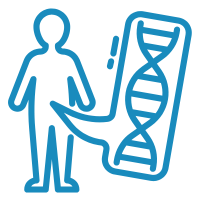Evolution of Multi-Allelic Calls in VarSeq: Before and After Version 2.5.0

It may come as a surprise to our long-standing users that the multi-allelic import and representation in VarSeq is slated to have different import options with the 2.5.0 upgrade. As the software grows and evolves, we strive to meet the changing needs of our users, and this is one area…
Read more →






